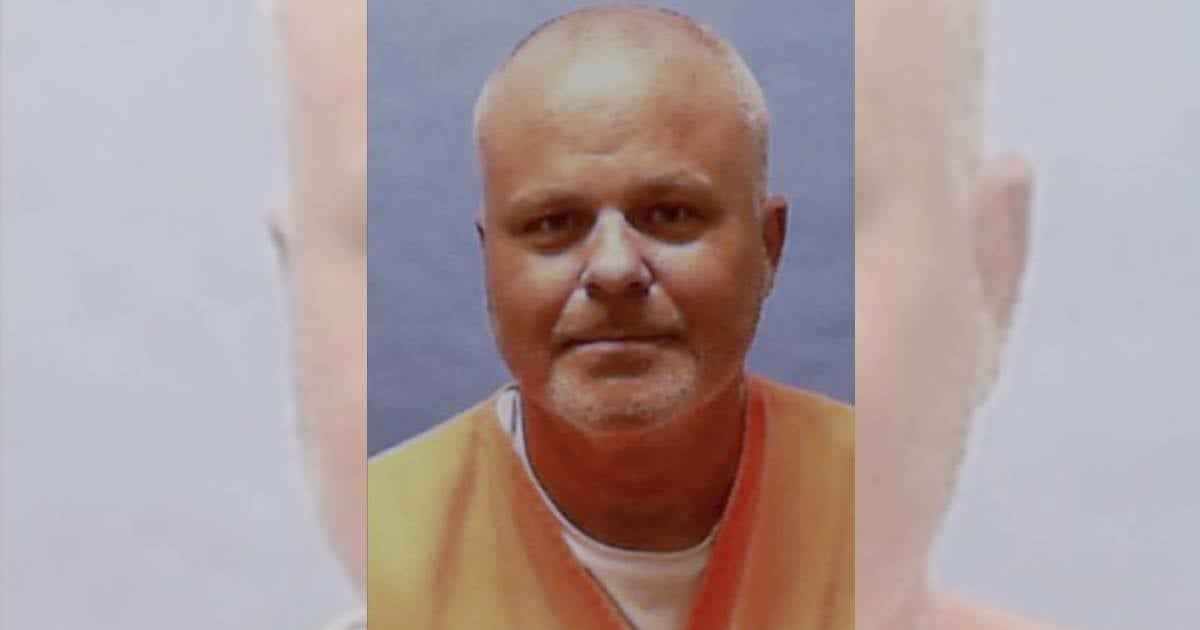Anthony Floyd Wainwright, 54, is set to face his final hours on death row this Tuesday, June 10. The execution, planned to be carried out via lethal injection, is scheduled for 6:00 p.m. at Florida State Prison, as per the order signed by Governor Ron DeSantis on May 9. This execution will mark the sixth in Florida during 2025, equaling the total number in 2023 and far surpassing the single execution in 2024.
Wainwright was convicted for the kidnapping, rape, and murder of Carmen Gayheart, a 23-year-old young mother who was attacked in a Winn-Dixie supermarket parking lot in Lake City back in 1994. The crime occurred following the escape of Wainwright and his accomplice, Richard Hamilton, from a North Carolina prison, sparking a multi-state crime spree that ended in murder.
Details of the Crime and Sentencing
On June 12, 1995, a unanimous jury sentenced Wainwright to death, finding him guilty of robbery, kidnapping, and sexual assault with a weapon. Judge E. Vernon Douglas noted the murder was "coldly calculated, lacking moral or legal justification," and described the victim's suffering as involving "unnecessary pain and torture" before she was strangled and shot twice in the head.
Since his sentencing, Wainwright has filed multiple appeals at both state and federal levels. The Florida Supreme Court, along with the U.S. Supreme Court, denied all his motions, including his last appeal citing neurological damage caused by Agent Orange exposure before his birth, an argument used by his defense to mitigate his moral culpability.
Controversial Defense Arguments
Wainwright's defense claimed he suffered irreversible cognitive damage passed down from his father, a Vietnam War veteran exposed to the toxic Agent Orange. They argued that if the jury had been aware, they might have opted for a life sentence instead of the death penalty. However, both the Hamilton County judge and the state Supreme Court dismissed the argument, stating that his cognitive deficiencies wouldn't have altered the jury's decision.
In the letter signed by Governor DeSantis, it is specified that the execution may occur between June 10 and June 17, confirming that no executive clemency has been granted, sealing Wainwright's fate.
Florida's Tough Stance Amid National Trends
The Wainwright case unfolds amid a resurgence of death penalty use in Florida, where DeSantis has championed stricter laws that allow capital sentences even without jury unanimity. This trend is in stark contrast to the national movement, where more states are suspending or abolishing capital punishment.
The Florida Conference of Catholic Bishops urged DeSantis to commute the sentence to life imprisonment, stating, “It is a severe punishment, but more humane, ensuring safety and allowing for redemption.”
Beyond the gravity of the crime, Wainwright's impending execution raises ethical and judicial questions about executing individuals with cognitive disabilities, inherited trauma, and backgrounds of neglect. For many Cubans in the U.S., particularly in Florida, such cases stir a mix of revulsion at the crime and concern over a legal system that seems to lean more towards death than rehabilitation.
Key Questions about Florida's Death Penalty Practices
What led to Anthony Wainwright's death sentence?
Wainwright was sentenced to death for the kidnapping, rape, and murder of Carmen Gayheart in 1994, following his escape from a North Carolina prison.
Why did the courts dismiss Wainwright's appeal regarding Agent Orange?
The courts dismissed the appeal, arguing that Wainwright's cognitive deficiencies, allegedly caused by Agent Orange exposure, would not have changed the jury's decision on his sentence.
How does Florida's approach to the death penalty compare to national trends?
Florida has been increasing its use of the death penalty under stricter laws, contrasting with the national trend of suspending or abolishing capital punishment.
